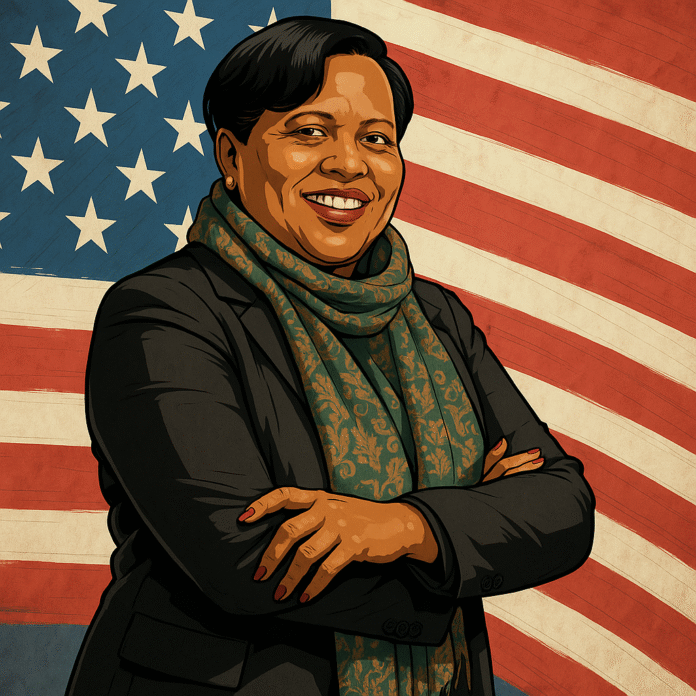Syracuse Mayoral Candidate Sharon Owens Tackles Housing Crisis with Bold Affordable Housing Initiative
SYRACUSE, NY – In a decisive move addressing one of Syracuse’s most pressing challenges, mayoral candidate Sharon Owens has outlined her commitment to expanding affordable housing options throughout the city. Speaking to local media outlets, Owens emphasized that increasing the stock of affordable housing must be a top priority for Syracuse’s next administration.
Housing Crisis at the Forefront
The housing affordability crisis has become a defining issue for Syracuse residents, with many families struggling to find suitable, affordable accommodations within the city limits. Owens’ public stance on this matter signals her recognition of housing as not just an economic challenge, but a fundamental issue affecting the social fabric of the community.
“Affordable housing isn’t just about providing shelter—it’s about creating opportunities for families to build stable lives and contribute to our community’s growth,” Owens stated in her recent address.
Comprehensive Approach to Urban Development
Owens’ housing initiative is part of a broader vision for Syracuse’s urban development that encompasses multiple interconnected challenges. Her approach recognizes the relationship between affordable housing availability and other critical city issues, including:
- Homelessness Prevention: Building on existing efforts like the Dickerson Street fencing initiative, Owens sees expanded affordable housing as a proactive measure to prevent homelessness
- Social Equity: Ensuring that all Syracuse residents have access to quality, affordable housing regardless of income level
- Economic Development: Creating stable housing options to attract and retain workforce talent
Multi-Faceted Solution Strategy
The candidate’s vision extends beyond simply building more units. Owens has indicated support for a comprehensive strategy that may include:
Zoning Reform
Modernizing Syracuse’s zoning regulations to facilitate affordable housing development while maintaining neighborhood character and quality standards.
Development Incentives
Creating attractive incentive packages for developers willing to include affordable units in their projects, potentially including tax credits, expedited permitting, and density bonuses.
Community Partnerships
Fostering collaboration between the city, non-profit organizations, private developers, and community groups to maximize resources and ensure projects meet actual community needs.
Political Implications
As Syracuse approaches its mayoral election, Owens’ focus on affordable housing positions her as a candidate willing to tackle complex, long-term challenges that require sustained political will and community support. Her stance reflects growing voter concern about housing costs and availability, making this a potentially decisive issue in the upcoming race.
The housing crisis has become a litmus test for mayoral candidates, with voters increasingly looking for concrete, actionable plans rather than general promises. Owens’ detailed approach and recognition of the issue’s complexity may resonate with constituents seeking substantive policy solutions.
Looking Ahead
With housing costs continuing to rise and availability remaining limited, the next Syracuse mayor will inherit significant challenges requiring immediate attention and long-term planning. Owens’ early focus on this issue suggests it will remain a central theme throughout her campaign and, potentially, her administration if elected.
The success of any affordable housing initiative will depend heavily on collaboration between city government, state and federal partners, private sector involvement, and community engagement—elements that Owens has indicated are integral to her approach.




